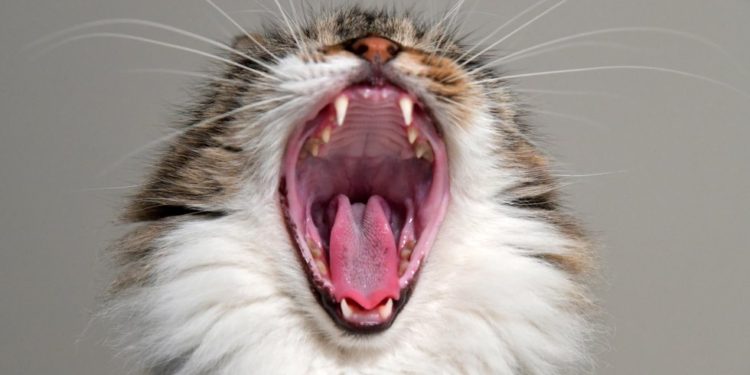Cats have unique nutritional needs as obligate carnivores. They require specific vitamins and minerals to support their overall health and well-being. Here are some of the essential vitamins and minerals that cats need:
- Vitamin A: Essential for vision, growth, and immune function, vitamin A is found in animal-based sources like liver, fish oil, and eggs.
- Vitamin D: Crucial for calcium absorption and bone health, cats can naturally synthesize vitamin D from sunlight exposure. It can also be obtained from foods such as fatty fish and fortified cat foods.
- Vitamin E: As an antioxidant, vitamin E helps protect cells from damage and supports a healthy immune system. Sources include fish, nuts, seeds, and vegetable oils.
- Vitamin K: Important for proper blood clotting, vitamin K is found in foods like leafy green vegetables, liver, and fish.
- B vitamins: B vitamins, including thiamine (B1), riboflavin (B2), niacin (B3), pyridoxine (B6), and cobalamin (B12), are essential for metabolic processes, energy production, and nerve function. They can be obtained from meat, fish, eggs, and fortified cat foods.
- Calcium and phosphorus: These minerals are necessary for strong bones, teeth, and muscle function. Cats primarily obtain these minerals from animal-based sources in their diet, such as bones and meat.
- Iron: Iron is important for the formation of red blood cells and oxygen transport. It can be found in meat, liver, and fortified cat foods.
- Zinc: Zinc supports immune function, skin health, and wound healing. It can be obtained from meat, seafood, and whole grains.
- Selenium: An antioxidant mineral, selenium is essential for proper immune function and thyroid health. It can be found in meats, seafood, and whole grains.
- Taurine: While not a vitamin or mineral, taurine is an amino acid that is crucial for cats. They cannot produce enough taurine on their own and must obtain it from their diet. Taurine is essential for healthy heart function, vision, and reproductive health. It is found in animal-based protein sources like meat and fish.
It’s important to note that cats have unique nutritional requirements, and some vitamins and minerals must be provided in specific forms or from animal sources. Consult with your veterinarian to ensure that your cat’s diet meets their individual needs and that any specific dietary considerations are addressed.










